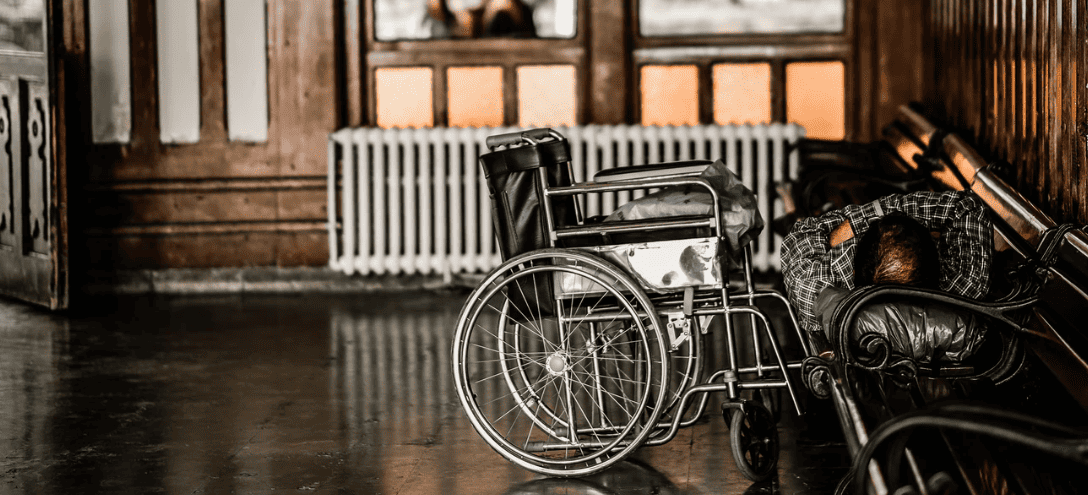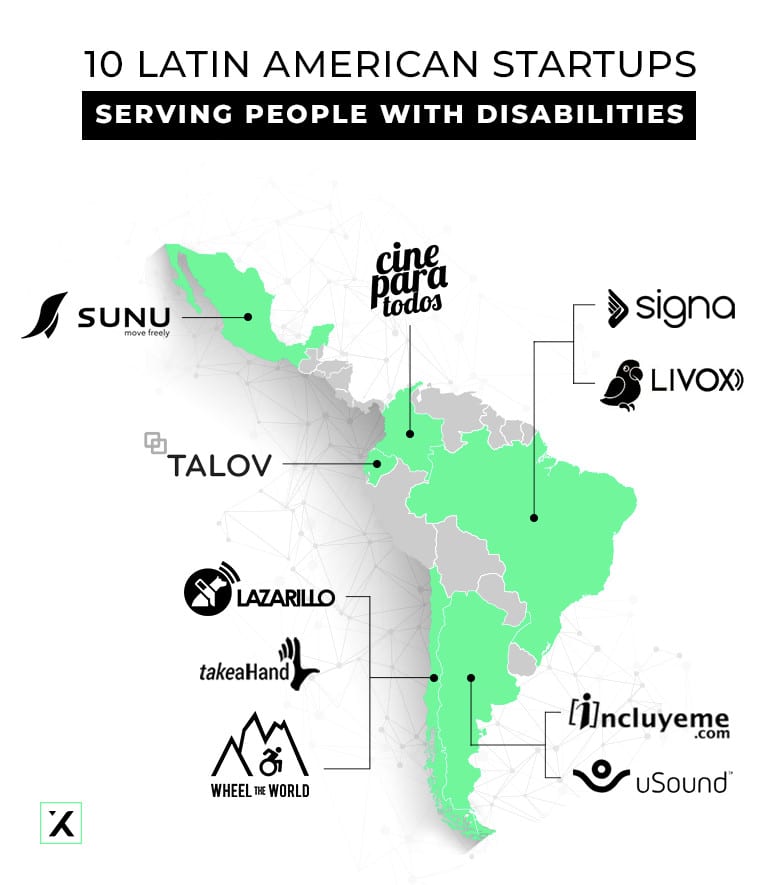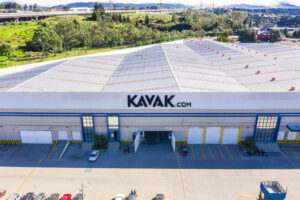
Por Jacob Atkins
May 14, 2019
Contxto – If innovation is about solving problems or inefficiencies, then developers ought to always keep people with disabilities in mind. Fortunately, a handful of Latin American startups are launching products and services to benefit this often marginalized community.
Whether helping those with physical, sensory, cognitive, intellectual or mental impairments or chronic disease to travel, communicate and prepare for the workforce, the following Latin Americans are certainly making the region more inclusive.

This Chilean startup travel agency encourages tourism among people in wheelchairs. Within its native country, the startup offers comprehensive packages to places like Easter Island, Torres del Paine and the San Pedro de Atacama.
On top of the many adventurous Chilean destinations, there are also various programs in Peru, Mexico, Tanzania and the United States. The company tries to raise awareness about disability and inspire stories for travelers to overcome their physical challenges.
Start-Up Chile and the Chilean National Bank are Wheel the World sponsors.
Members of the deaf population can greatly benefit from the company’s SpeakLiz tool that some view as the “next step in the evolution of sign language.” It uses Artifical Intelligence to enable deaf people to communicate with those who don’t know the symbolic language.
All of this is achieved through hand movements transcribed into words. In the past, Talov gained top honors at the Liga de Emprendedores Extraordinarios in 2017 and Seedstars in 2018. It also placed in third at the SAP Innomarathon the same year, according to the company’s website.
Formerly known as Ustraap, this Mexican firm develops highly-receptive wearable technology. The company’s patented bracelet particularly benefits blind people to be more aware of their surroundings.
Specifically, the device assists the visually impaired when it comes to navigating. It will buzz or vibrate if there are any obstructive objects in the way.
Thanks to radar and augmented reality, Sunu’s product is also great for users dealing with low vision. According to reports, it helps them travel with confidence due to strong haptic feedback and receptive navigation sensors.
Signa launched in January 2016 to remedy the lack of quality training or educational courses available for Brazil’s community of 9.7 million deaf people. To serve them, it has created modules for them in mind. In the process, the company trains and prepares deaf users for the job market with an array of content.
Meaning “Cinema for Everybody” in Spanish, Cine Para Todos allows people with disabilities to enjoy visual, auditory and cognitive content. The startup even has a free app available for Android and iOS users to access the service. These include audio descriptions, sign language interpretations, as well as subtitles.
Founded in 2013 by Gabriel Pablo Marcolongo, Incluyeme is the prime online job portal for Latin Americans with disabilities. He started the service with two of his friends after living with his disabled father who had difficulties securing employment for about two years.
Over time, it has served over 30 million folks in Argentina, Colombia, Paraguay, Chile, Mexico and Peru. Moreover, the company has more than 200 thousand registered users, 350 clients, and 1,300 currently employed.
Be on the lookout for Contxto’s upcoming podcast featuring uSound, as well.
Based in the capital of Santiago, Lazarillo makes it easier for visually impaired people to maneuver around cities as well as public and private venues. The startup has developed an application and mapping platform that uses voice messages to orientate users with poor vision.
Recently, it gained honors at the Austrian ZeroProject Foundation for its effective practice and service to those with disabilities. Other past involvements include participating in Microsoft’s startup program in addition to the Creative Business Cup in Chile.
Via artificial intelligence and machine learning, this Brazilian startup lends a helping hand to people with disabilities to integrate and engage in society. As the story goes, the founder Carlos Pereira created the alternative communication platform to speak with his daughter who has cerebral palsy and unable to walk or talk.
Since then, the program functions on Android tablets and lets individuals like Pereria’s daughter to express themselves. Specifically, it’s designed for disabled users to handle the device.
The smart keyboard also automatically corrects mistakes and transcripts whatever the person says. Even better, the program can adapt for those who can’t read or write.
With advanced 3D printing technology, the Chilean startup designs customizable prosthetic limbs. That’s to say, they’re tailored to the person. Past recipients have gone on to do weight lifting, bicycling, rowing, etc.
The company prides itself in using precise and economic digital processes to manufacture its products. In the end, the result is wide freedom of movement and various functionalities. Even better, Take a Hand provides rehabilitation services for prosthetic customers.
Whether you’re completely or partially deaf, uSound’s state-of-the-art headphones work in tandem with the company’s free Android and iOS app. Just take a simple auditory test on the app to customize your hearing needs.
Once you identify the extent of your hearing loss, customers configure the headphones to their mobile device. What the smartphone does is analyze noises via microphone.
After the clips have been identified, the noise frequencies then transfer to the headphones for the user to hear. This way, patients can properly hear what’s being said around them.
Across the world, the reality of the situation is that people with disabilities have a lot of challenges when it comes to obtaining work, education, mobility, etc. Even if the United States passed the Americans with Disabilities Act in 1990 to prevent workplace discrimination, only 17.5 percent of the disabled had jobs in 2015.
Considering that many Latin American countries don’t even have these legislative protections, these startups are at least filling some of the voids for the disabled community.
In case we’ve missed a startup that aids disabled consumers, please don’t hesitate to reach out. In the meantime, let’s embrace the positive work these young enterprises are performing to make the world a more equal place.
-JA

Por Yanin Alfaro
February 17, 2026

Por Israel Pantaleón
February 17, 2026

Por Stiven Cartagena
February 13, 2026